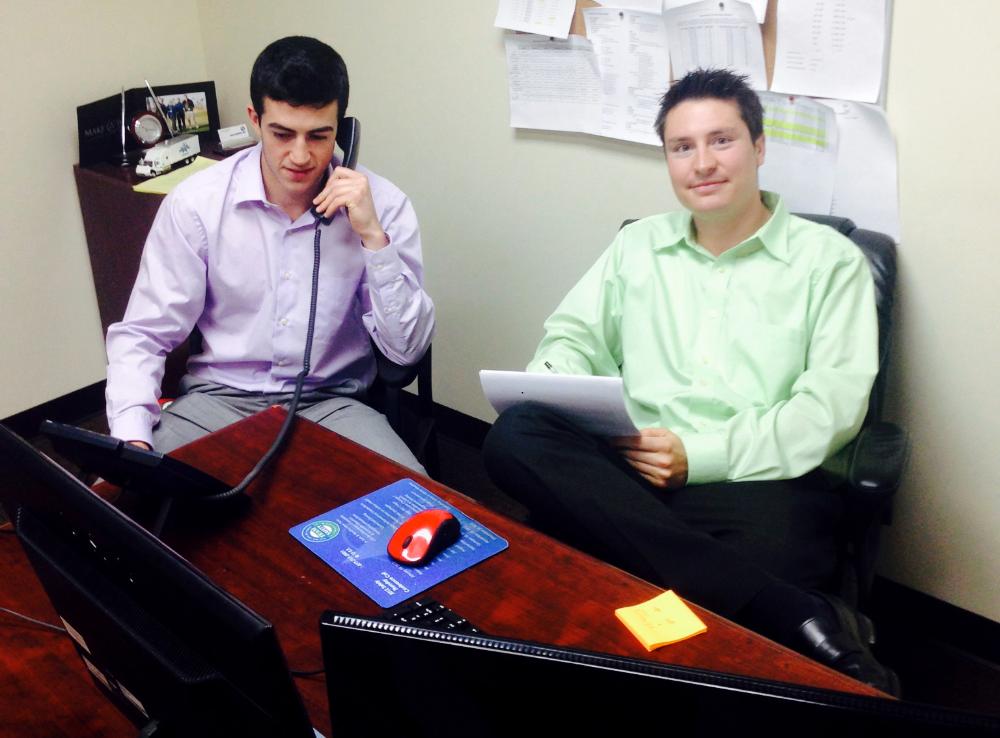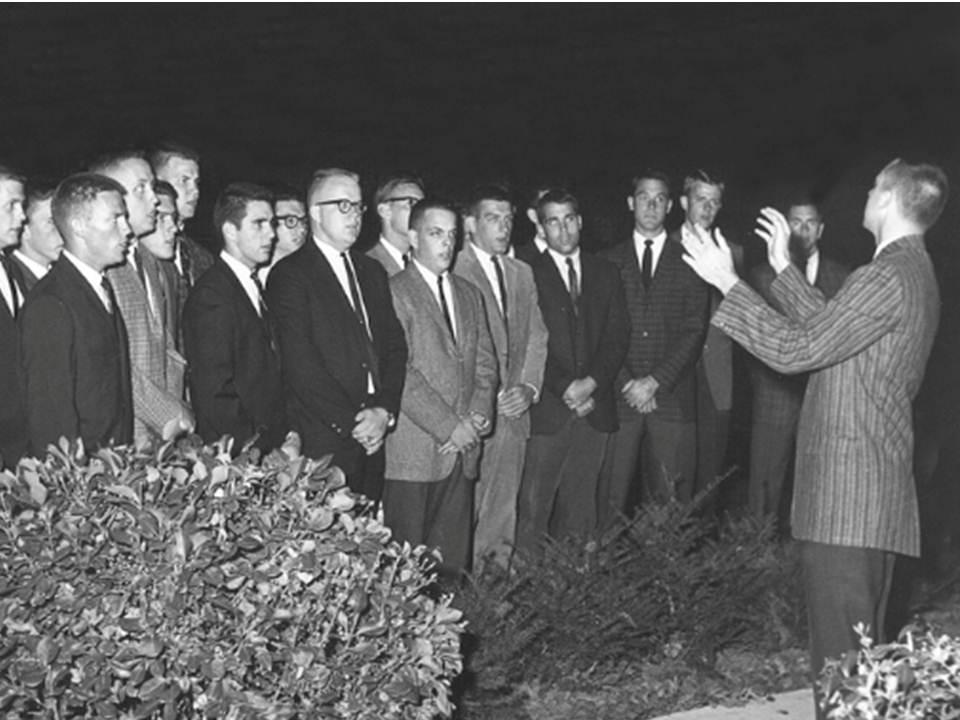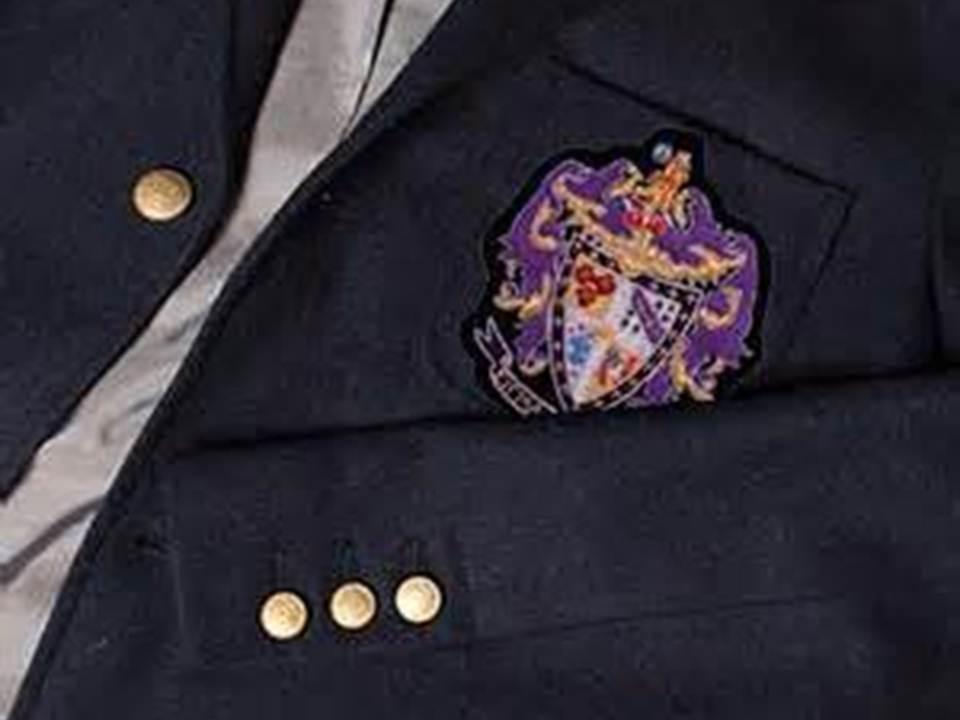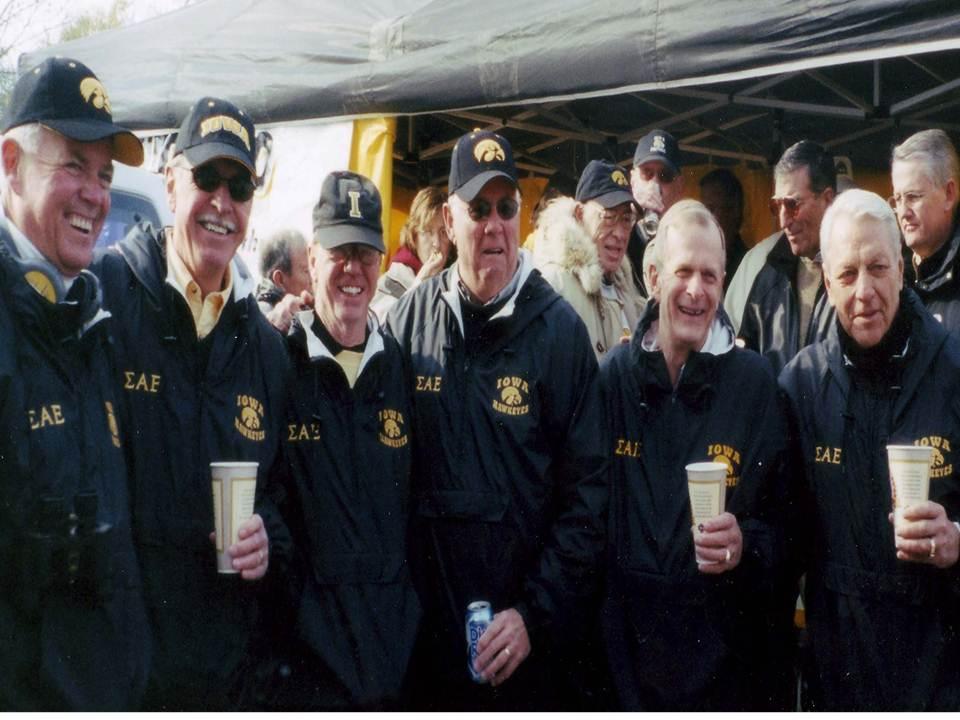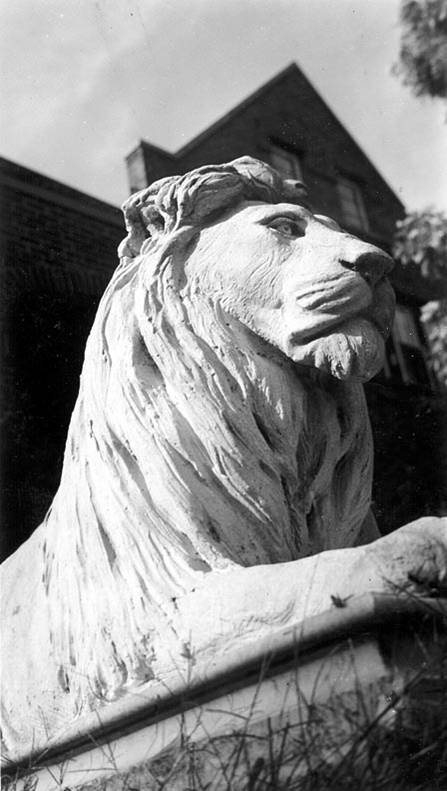Brothers helping brothers: Iowa Beta alumni help younger counterparts into workforce
You have gone through several grueling semesters of midterms, finals and trying to find a balance with your personal life. You've spent countless nights at the library, attended study groups, and pulled all-nighters and as graduation draws near cold reality sets in: you need to find that first job.
Most of us can point to that one person whose sage words of advice, unbiased criticism or role model example helped shape us as young men and gave us the life skills necessary to succeed.
But for those who don't have a strong network, the process of where to look can make one feel panicky. In part, that is why the Iowa Beta Alumni Association recently introduced a Virtual Big Brother mentor program.
According to a recent Accenture poll, only 39 percent of the classes of 2011 and 2012 had jobs lined up by the time they graduated. But that percentage steeply declined for the class of 2013, where just 16 percent had job offers a month before their commencement.
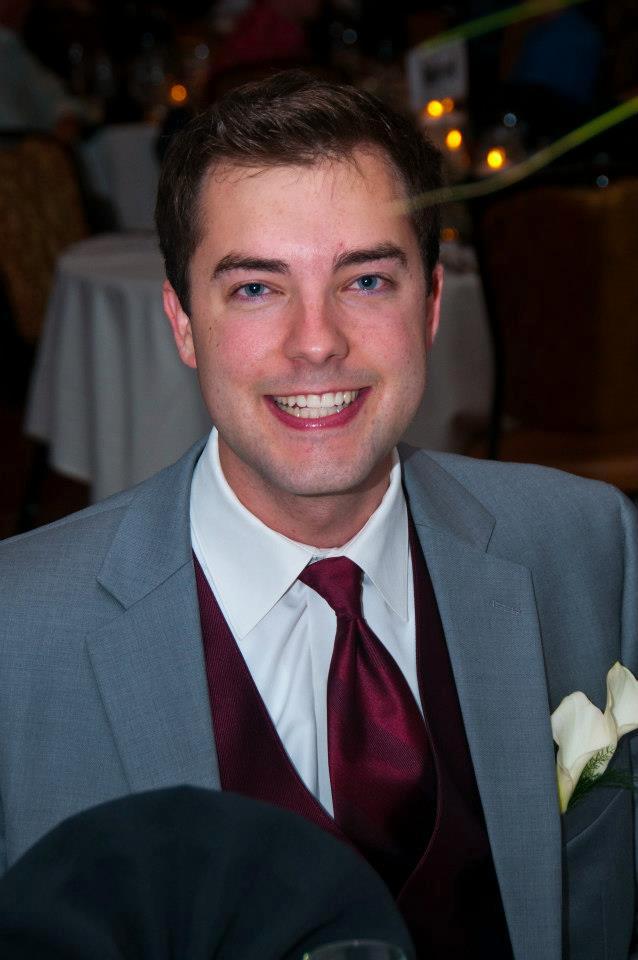
Two Iowa Beta alumni, Matt Miller (IABE '11) and Brian Vasquez (IABE '10), recently provided a helping hand to fellow SAE brothers, assisting them get acclimated into the workforce.
Miller, a solutions architect for Cerner Corporation in Kansas City, helped three Iowa Beta brothers get career opportunities with his company. The first was his pledge brother and close friend Trey Gartner (IABE '12), who is now a delivery consultant with Cerner.
"One of the biggest benefits a fraternity can provide is to help its brothers build their futures while they are still in school and certainly afterwards," Miller said. "The savvier brothers are looking to build relationships and broaden their network."
Miller was able to mentor Iowa Beta brothers through the recruitment process at Cerner.
"Because I spent time in the fraternity with some of these younger guys, I felt comfortable recommending them for our training program," Miller said. "But I cannot put in a recommendation until the applicant submits his application."
In today's economy, people need to tailor the way they present their skills and experience for a specific opportunity.
"I told some of the guys to send me their resumes and I reviewed the documents and coached them on the phone how to translate their experiences into language that would fit the needs my company is looking for," said Miller.
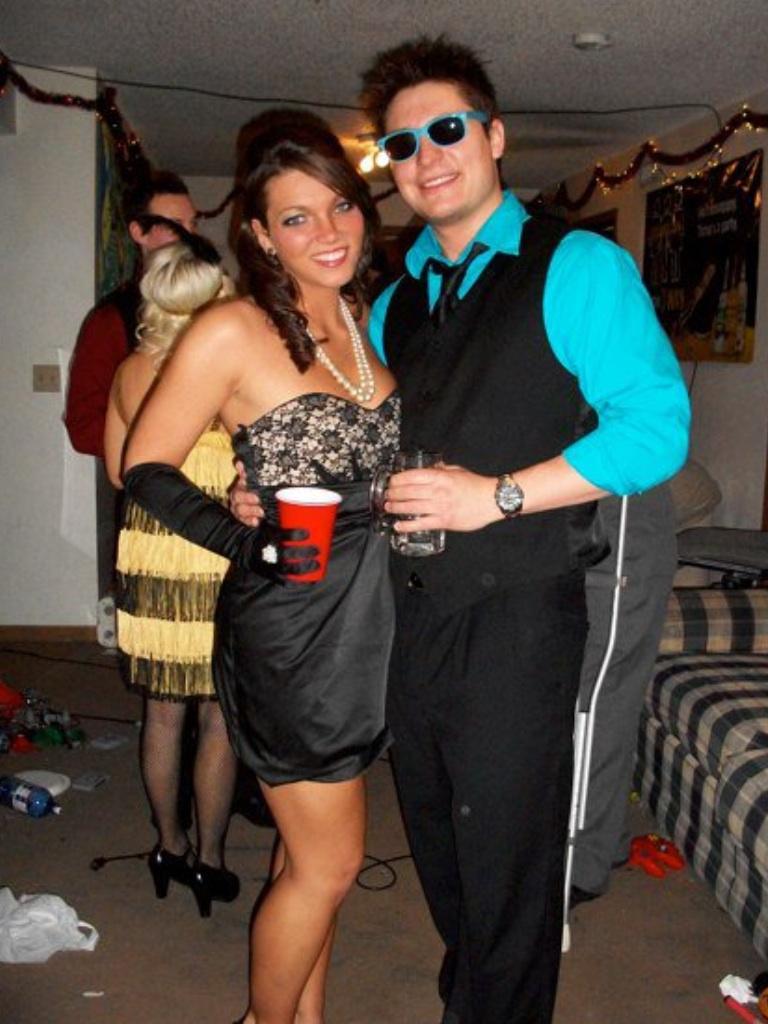
Vasquez, who works for Par Logistics in the Chicago area, was able to provide senior Jeff Stevens (IABE ’15) an internship.
“(Iowa Beta Alumni Association president) Marc Rosenow told Jeff to reach out to me and we were able to give him some experience,” Vasquez said. “Jeff is not sure if he wants a career in logistics but he is in the school of business and he can learn the sales aspect of our company.”
Par Logistics is a minority-owned transportation and logistics company operating in Schaumburg, Ill. It provides customized transportation solutions and supply chain delivery ranging from standard truckload to hot-shot services to air cargo.
Vasquez wants to help Stevens and other SAE brothers because he recalls what it was like to be a senior and wondering what life after college would be like.
"Initially, I was going to major in finance, but I wasn't passionate about it and I knew I did not want to sit behind a desk and crunch numbers for a living," recalls Vasquez. "So I switched my major to marketing because there were more sales classes. My dad owns his own company (Par Logistics) and has been in sales his whole life. I saw his success and decided I would like to realize that, too."
Prior to joining Par Logistics, Dubuque, Iowa-based insurance brokerage Cottingham & Butler saw that Vaquez shined, was well-spoken, smart, and had a positive outlook when they met him in Iowa City. After some initial discussions and testing, Vasquez was offered a job. He packed his bags and moved to Dubuque for the next two years.
"It was a great experience," Vasquez said. "I got tremendous sales and management experience. I did really well and made the 100 Percent Club my first year. I have to give credit to my mentor there."
After his corporate experience, Vasquez understood that he wanted business ownership as part of his career, so he went to work with his father where he will one day own the company.
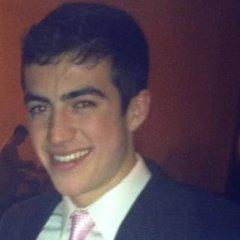
After their introduction, Stevens began his internship at Par Logisitics in May.
"We have never had an intern work for us before," Vasquez said. "So, this situation was a learning experience for Jeff and for our company. I based his training off of my experience when I worked an internship, which was part time."
Stevens' schedule is Monday, Wednesay and Friday from 8 a.m. to 2 p.m.
"I told Jeff that in this amount of time, I am going to try to compress as much exposure to sales and business as I possibly can," said Vasquez. "Internships are about learning."
Stevens started working with the company's customer service team. He sat with some of the veterans and observed how they made calls to track freight. Shortly thereafter, Stevens was able to make the calls and track the shipments by himself.
"Jeff has been catching on quickly," Vasquez said. "He is really an intelligent kid."
Miller said his company is looking for people who are passionate about healthcare and making positive changes. It wants representatives who are articulate and confident when dealing with people.
He also said it is not necessary for a fraternity brother to know one another in order to help.
"If you spend time with a brother you don't really know you can still mentor them," Miller said. "You can take a look at their resume and go over it with him and show him areas where he can improve or modify it for a certain industry or job. You can help him translate his skills and experiences into marketable applications for the business world."
A Gallup survey published this spring looked at more than 30,000 college graduates across the U.S. and concluded that those who were active in a fraternity or sorority are more likely to be "thriving" in their well-being and engaged in their work than their independent counterparts.
"But knowing someone at a company is a big advantage because they can give the applicant valuable insight on the best way to understand and navigate the application and hiring process," Miller said.
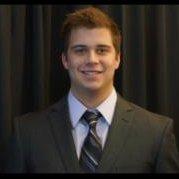
Miller also helped Tanner Hawks (IABE '14) and Ryan Johnson (IABE '14), both of whom just graduated.
"I didn't know Tanner until he joined the fraternity, but I learned he grew up in West Des Moines," Miller said. "We were years apart in school but we had the hometown connection and I would occasionally run into him during the summers."
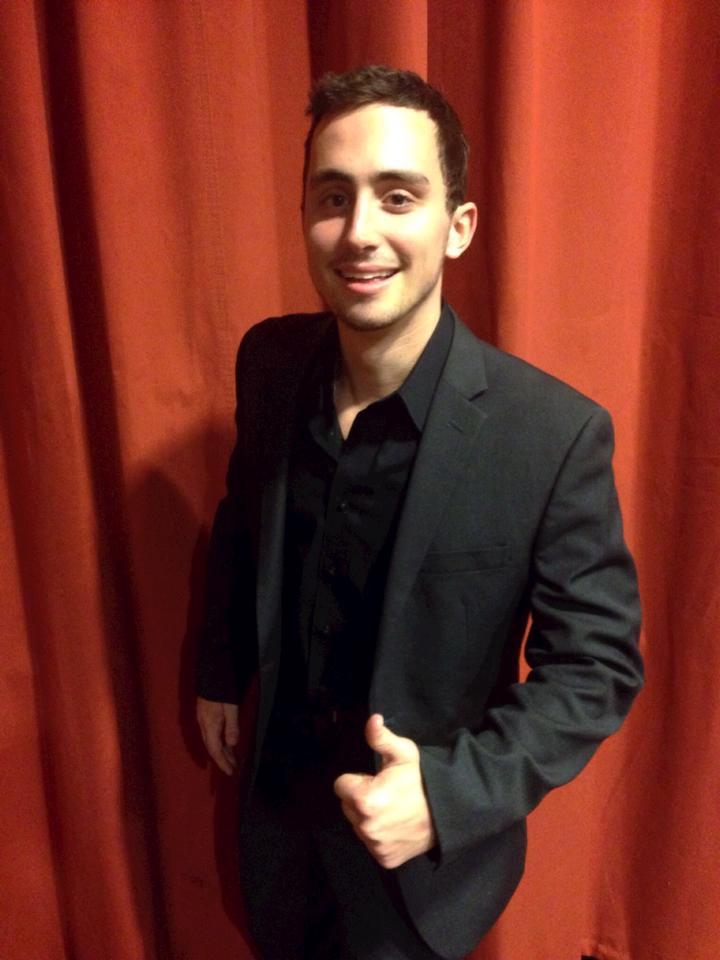
Johnson served the Iowa Beta chapter as Eminent Treasurer, providing shrewd fiscal management during turbulent times.
Hawks and Johnson will most likely begin their careers at Cerner as business analysts. They will enter a two-month long training program in Kansas City later this summer where they will be exposed to different opportunities. They can transition from college life into the business world and decipher which role in the company they find more preferable.
Miller said Cerner is growing rapidly. The healthcare information technology company had 14,200 employees in December but thousands more are being recruited. Miller said the company's success will enable all four Iowa Beta brothers to move up the ranks quickly.
"I have been working for Cerner for three years and have already experienced a couple of promotions and my salary level has doubled since the day I was hired," Miller said.
Miller said he is willing to help more Iowa Beta brothers who would find this field interesting and need a start in life.
Par Logistics is also growing rapidly and is always looking for top talent.
"I wish I could have reached out to alumni when I was in college," Vasquez said. "It's brothers helping brothers."
A look back at Iowa's "Singing Fraternity"
Life in the fraternity encompasses many wonderful aspects. But perhaps nothing builds as much camaraderie and generates as much public goodwill as singing SAE songs.
SAE is rich in the number and quality of its songs and has been known as "The Singing Fraternity" for generations. It was the Convention of 1870 that first broached the topic of developing fraternity songs. At the time, it was suggested that members simply create SAE-related words to already familiar tunes.
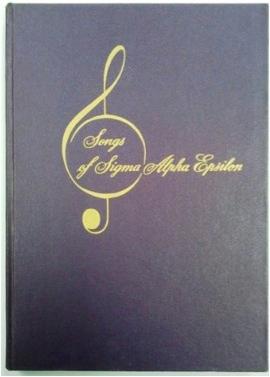
But original songs were soon composed.
The first compilation of SAE songs was a pamphlet printed in 1891. Singing continued to grow in popularity throughout the realm and the first official Songs of Sigma Alpha Epsilon song book was published in 1907.
Singing has become an important fraternity tradition and it helped cement relationships with sororities.
In the early twentieth century, Ruth Reeves, of Delta Delta Delta sorority, wrote several SAE songs including one that remains extremely popular today. Originally entitled "A Song for SAE", it is now more commonly referred to as "Sigma, Sigma Alpha."Meanwhile, Helen Ledbetter, of Pi Beta Phi sorority, wrote the lyrics to the beautiful SAE song entitled "Longing."
One of the Fraternity's most festive songs, entitled "A Toast to SAE", was written by Will Riley (IABE 1907) and Phil MacBride (IABE 1908). Sadly, it is rarely sung today and has been largely forgotten. But other songs took its place.
Singing has always been an important tradition at Iowa Beta.
Dating from the earliest days of the Chapter's history, brothers would gather around the fireplace and sing as one of the members played piano. Late in the evening during a party, they would often make up humorous alternative lyrics to songs such as "Sing Brothers, Sing."
Beginning in the 1920's, when an Iowa Beta brother "pinned" his sweetheart with his SAE active badge, a prearranged serenade involving the entire Chapter took place. As the pinning occurred, all of the brothers would drop to one knee and sing "Violet" to the newly pinned lady.
Traditionally, a song leader was identified who would be responsible for conducting the men in song. Often the song leader would bring a bouquet of flowers with the men on a serenade to give to the sorority.
Iowa Beta members would also participate in Christmas carols at various dorms and would sing competitively in contests.
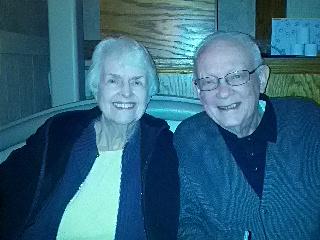
By the 1940's, singing was an essential part of the Pledge Education program. Pledges were required to learn all of the main SAE songs.
"Serenades and other singing performances were formal coat and tie events," says Roger Strand (IABE '47). Strand is one of Iowa Beta's oldest living alumni members and is a decorated WWII veteran. He served the Chapter as Pledge Trainer and as Eminent Deputy Archon.
"In addition to the SAE songs, we would teach the pledges the main song for each sorority. That song would be our grand finale during a serenade," Strand recalls. "Needless to say, that made SAE very popular with the ladies."
During the 1950's, singing was of paramount importance to Iowa Beta. The chapter entered all of the University of Iowa contests and sang at various public events. Singing was a big part of fraternity parties -- especially the Christmas party, Mother's Day event, and at Formals. Additionally, the "SAE Grace" was always sung before lunch and dinners. During a pinning ceremony, the brothers added a song entitled "SAE Sweetheart", which is more commonly known today as "Her Loveliness."

"We did not allow alcohol in the Chapter house so we would hold events at the Jefferson Hotel," says Steve Jaeger (IABE '55). "Singing was a key feature at our parties. Serenades were mostly around pinning a girlfriend."
The Jefferson Hotel, located at 129 E. Washington, is an office building today.
"Each spring, Iowa Beta entered the university singing contest which was held at the Union. It was a big deal and we won two of the four years that I was there," said Jaeger.
"Singing is a great way to instill a unique sense of belonging. I can think of numerous venues -- such as the Army -- where esprit was reinforced through this effort," says Donne Moen (IABE '58), who served Iowa Beta in many roles including Eminent Archon.
"I just attended graduation ceremonies at West Point and the emotional attachment was evident in their voices."
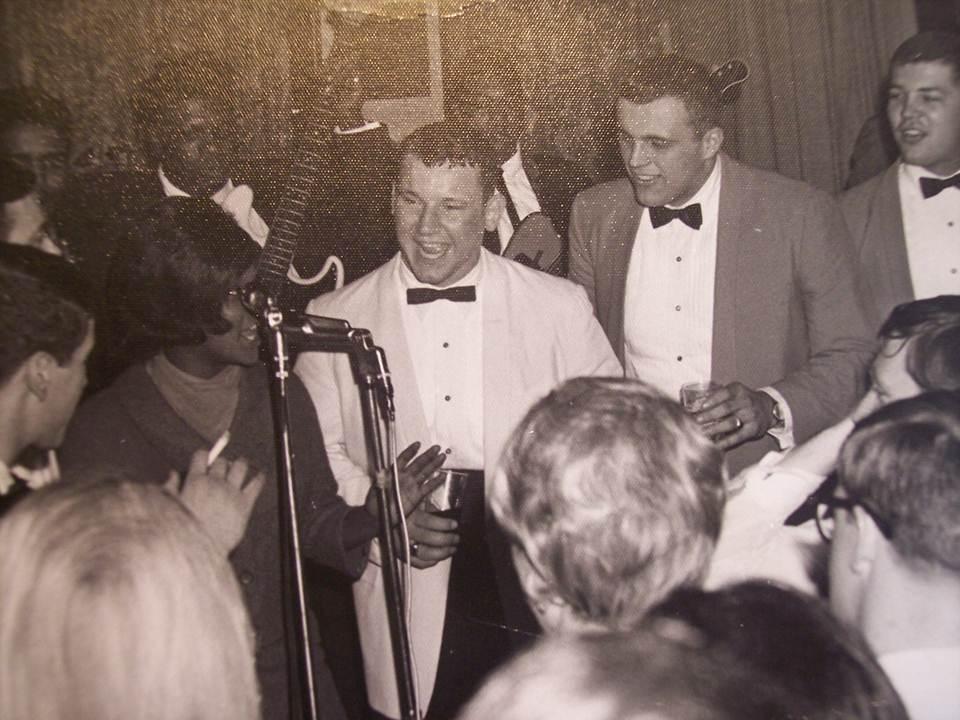
In the 1960's, the rich heritage of song continued at Iowa Beta.
Not only did SAEs sing at serenades, parties and other traditional events, you might catch them singing back-up with the bands they hired for Formals!
"We were definitely 'The Singing Fraternity' at Iowa," recalls Phillip "Flip" Klinger (IABE '64). "We would sing together at dinner every night. At parties or almost any get-together, you could count on the guys engaging in song."
During the nightly study break between 10:00 - 10:30 p.m., the "Howd's and Dowd's Show", featuring song leader Howard Kennedy (IABE '62) and Loren Doughty (IABE '61), would take place. The singing festivities included playing games such as "Name That Tune!" Dave "Fingers" Lanning (IABE '61) would play piano while Kennedy, Dave Hansen (IABE '63), Ed Kolker (IABE '62), Bob McCauley (IABE '63), Klinger, and others would sing the various songs. The winner of the game would run to the piano and ring a bell.
"When we serenaded a sorority or a dorm it was normally for a pinning ceremony. This was arranged discreetly with the housemother, roommate or house president to insure the primary girl of interest would be there," says Bruce Pieper (IABE '65), who served as song leader and as Eminent Archon.
In those days the sorority girls had curfew hours, making it hard to socialize too much after a serenade.
"Any serious socializing happened at exchanges at Coral Shores or other locations in the Iowa City area," Pieper recalls. "Songs normally turned a bit risqué by the end of the evening. Luckily, the Little Sisters (of Minerva members) in attendance usually kept us in check."
In the early 1970s, antiestablishment sentiment on campus nearly destroyed the entire Greek system at the University of Iowa. It was at this time that Iowa Beta stumbled and some of the singing traditions faded with the fortunes of the Chapter.
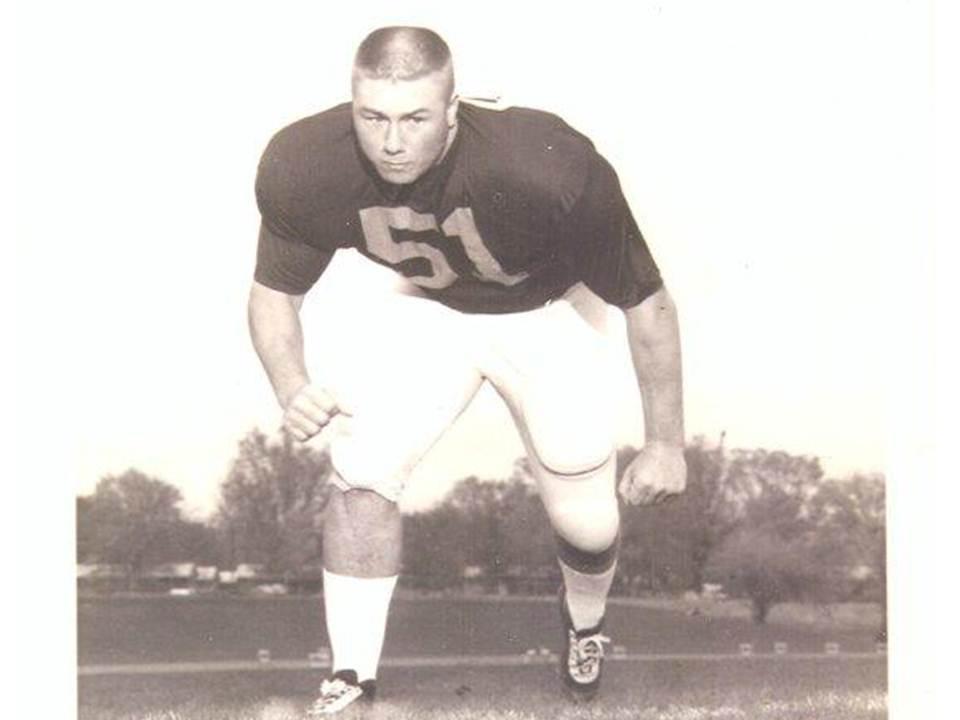
"You have to remember that this was during the Vietnam War era and all sorts of protests on campus were going on all the time. Fraternities were part of the 'establishment' and were not very popular," says Pat Long (IABE '74).
Long played football for the Iowa Hawkeyes before transferring to North Dakota State University. Today, he serves on the Iowa Beta house corporation board of directors.
"I joined SAE as a freshman and it was still the best fraternity at Iowa. We were always an athlete fraternity."
But one year later, the Chapter unexpectedly imploded.
"We were caught off guard. We simply became very top heavy with juniors and seniors and we did not recruit enough freshmen or sophmore members," recalls Long. "Given the situation at the time, a lot of upperclassmen moved out of the house and into apartments. We could not afford the Chapter house anymore and even rented rooms to non-SAEs to try to pay the mortgage.
"Serenading was not very practical during this era."
The SAE house was sold in 1972. The Chapter moved into two other facilities over the next few years before dwindling away in the later 1970s.
Rising like the Phoenix, the Chapter restarted in 1982 and was officially reinstalled on February 5, 1983. Being a complete start-up, many of the great SAE traditions were not yet known. However, with the help of alumni and transferees, Iowa Beta soon incorporated these practices into the culture. Singing and serenading ultimately became prominent fraternity activities. The song leaders in this era included Joe Evans (IABE '85), Ed McCormick (IABE '87), and Don Swartz (IABE '86). Evans transferred to the University of Iowa from Drake University and brought many historical SAE practices with him.
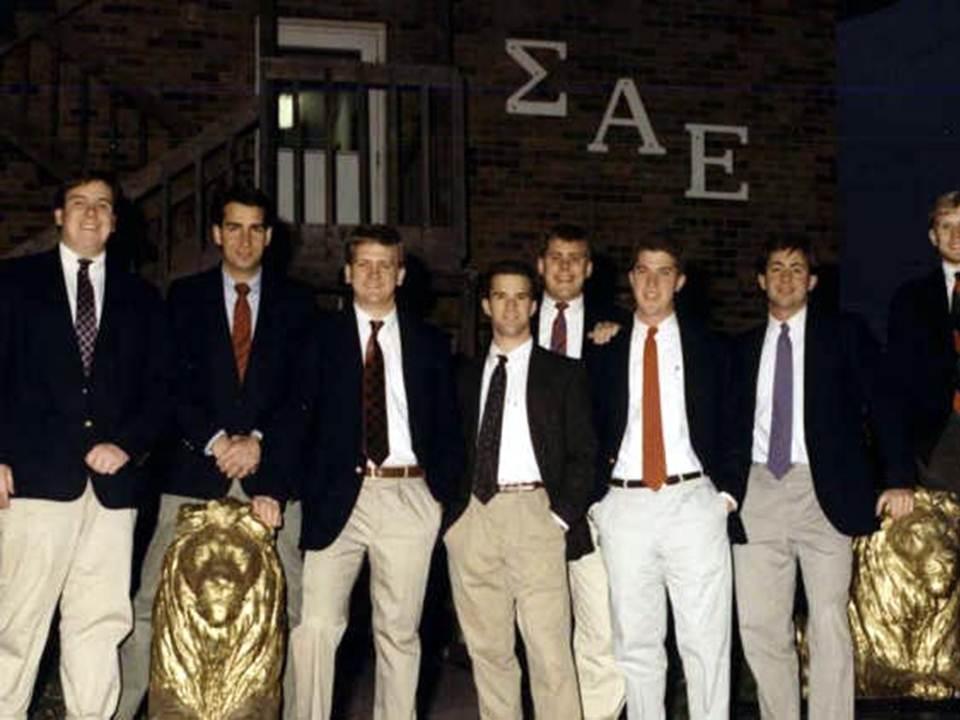
"Our songs are so powerful to the tradition of SAE," says Evans. "Once we started to grow as a new chapter and could sing those songs, our reputation grew as 'The Singing Fraternity' and as True Gentlemen.
"We sang for the Little Sisters, at weekly meetings and at special events."
In that era, it was customary for some of a sorority's pledges to sneak into the SAE house and steal the "composite" picture of the current Chapter members. The men had to visit the sorority and serenade them as ransom in order to retrieve the composite.
Often, the songs "Hail to the Purple!" and "Violet" were combined into a medley, where the words "And to my Violet..." were added as the transition between the two songs.
The men also participated in the University of Iowa Greek Week and Follies events, where competitive singing and skits were performed.
As times and tastes changed during the course of the next 30 years, certain traditions and rituals were not instilled as rigorously as in the past and some fell out of use. Serenading still occurred but was no longer as prevalent. The volume of SAE songs learned by members may have diminished but "Friends", "Violet", "Hail to the Purple" and a few other important songs were still taught with great enthusiasm.
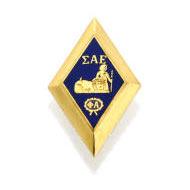
The ritual of "pinning" a sweetheart accompanied by a full Chapter serenade was no longer fashionable and faded into memory, but learning the key SAE songs was still required of pledges.
"Serenades were primarily a pledge activity at that time," according to Brian McKenzie (IABE '08), who served the chapter as Eminent Deputy Archon and currently serves as secretary of the Iowa Beta Alumni Association.
"Before our first event with a sorority each semester, there would be a serenade. The pledges would meet in the Chapter Room of the SAE house with the Pledge Educator and another senior member. We would plan the serenade and rehearse the songs."
"We would be dressed as True Gentlemen -- in collared shirts and tie. We would sing on the front lawn of the sorority house and entice the ladies to come outside to join us. It was a great icebreaker for the upcoming exchange.
"In retrospect, that was a very important part of fraternity life and serenading is one of the key traditions we must reemphasize when the Chapter comes back in 2016."
QUIZ ANSWER: "Friends"
The late SAE historian Dr. Joseph W. Walt (Tennessee-Knoxville '47) told an interesting story about the way the song "Friends" was composed.
It began in West Lafayette, Indiana on Saturday, November 9, 1912. The Fighting Illini of Illinois were playing the Boilermakers of Purdue in football. The game ended in a 9 - 9 tie. After the game, the SAEs from both universities gathered at the SAE house to strengthen their fraternal bonds over a nice dinner accompanied by song.
Harold V. Hill (Illinois 1911), who had just co-written the popular fraternity songs "Violet" and "Hail to the Purple", was in attendance that evening. He wrote and performed special lyrics, honoring the men of Indiana Beta for their hospitality, to the tune of "Hail to the Purple." Hill met Oliver Kenneth Quivey (Purdue 1912) that very day and the two became close friends. Quivey, a fine musician himself, was inspired by Hill's musical talent.
Shortly thereafter, the initiation of SAE pledges at Purdue was to take place. Quivey was sitting by the fireplace when he overheard one of his fraternity brothers comment that there was always joy about the initiation of new brothers but also sadness when the event was over, seeing "the banquet hall deserted, the chairs empty and the candles burning low."
With this picture in mind, Quivey sat down at the piano with pencil and paper in hand and within 45 minutes composed the lyrics and music to "Friends."
Sung at public receptions, parties, ceremonies and chapter meetings, "Friends" would become one of the most important compositions in the SAE music repertoire.
Friends
The chairs all are empty
The last guest has gone
The candles burn lower and lower
And sputter on and on
But after the last guest's departed
Haunting the smoke-laden air
There remaineth a lingering presence
The ghost of good fellowship rare.
Chorus:
Friends, friends, friends
You and I will be
Whether in fair or in dark stormy weather
We'll stand or we'll fall together for SAE
We will always be
Our bonds celebrating
Till death separating
Old pals from me
O.K. Quivey would go on to become one of SAE's most profilic composers. He served as Eminent Supreme Archon from 1928 - 1930, edited The Phoenix, the pledge manual of Sigma Alpha Epsilon, and subsequently was the editor of the Songs of Sigma Alpha Epsilon. Of all of the songs that Quivey wrote, his personal favorite was "Yours in the Bonds."
